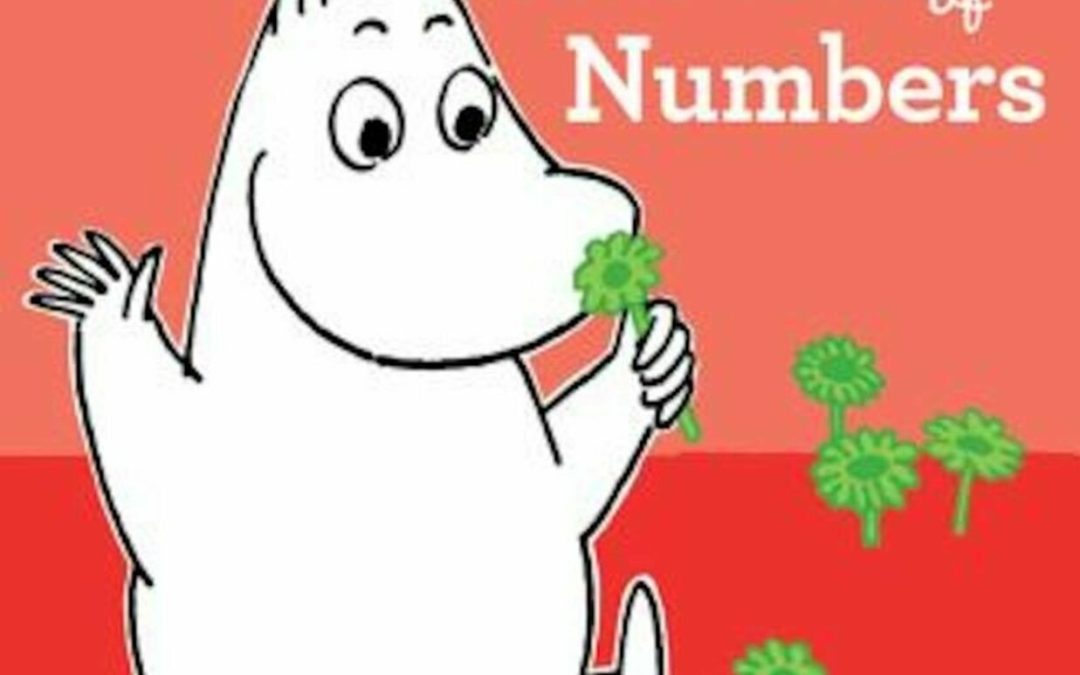
by Shaun Chamberlin | May 19, 2014 | All Posts, Cultural stories, Economics, Philosophy, Transition Movement
This post was originally written by me as a guest post for Rob Hopkins’ Transition Culture blog, but I have kindly given myself permission to reproduce it here ? A response to a recent post by Rob Hopkins ‘The impact of Transition. In numbers.’....
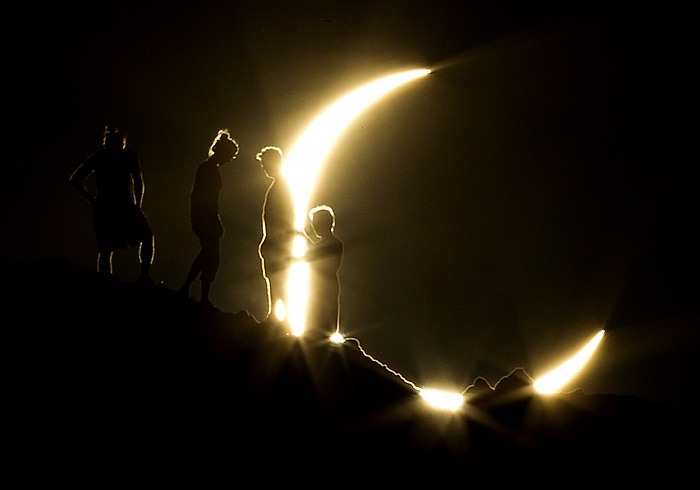
by Shaun Chamberlin | Jan 20, 2013 | All Posts, Climate Change, Cultural stories, Favourite posts, Featured, Philosophy
When environmentalists argue amongst themselves, whether at some formal debate or late at night over a few drinks, I confidently predict that the argument will go like this.
One will say (in one form or another):
"There's no time to wait for radical change or revolution; the crisis is overwhelmingly urgent, we simply have to act within the frameworks we have now".
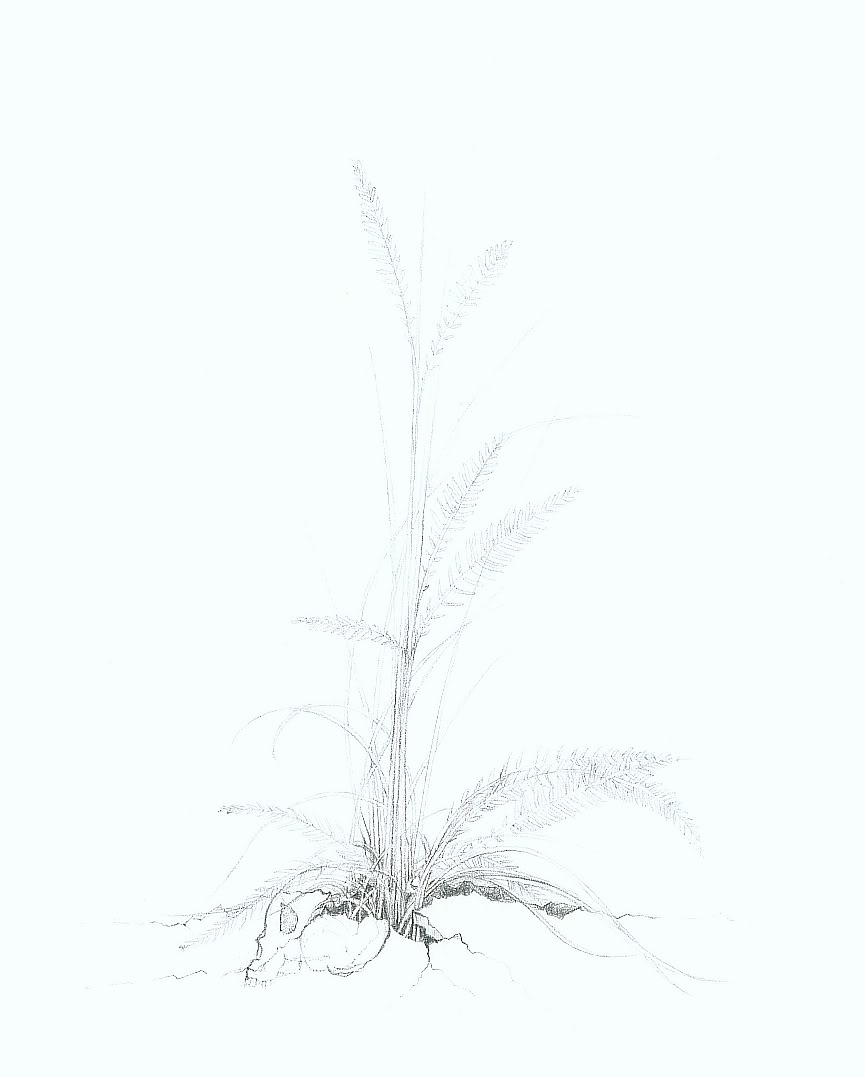
by Shaun Chamberlin | Dec 21, 2012 | 21st December, All Posts, Climate Change, Cultural stories, Favourite posts, Philosophy, Transition Movement
Let me tell you a story. It’s a story about our land — our home — and our ability to live peaceful, harmonious, respectful lives upon it and in partnership with it. And it’s a story about the big bad political structures and corporate institutions that conspire to...
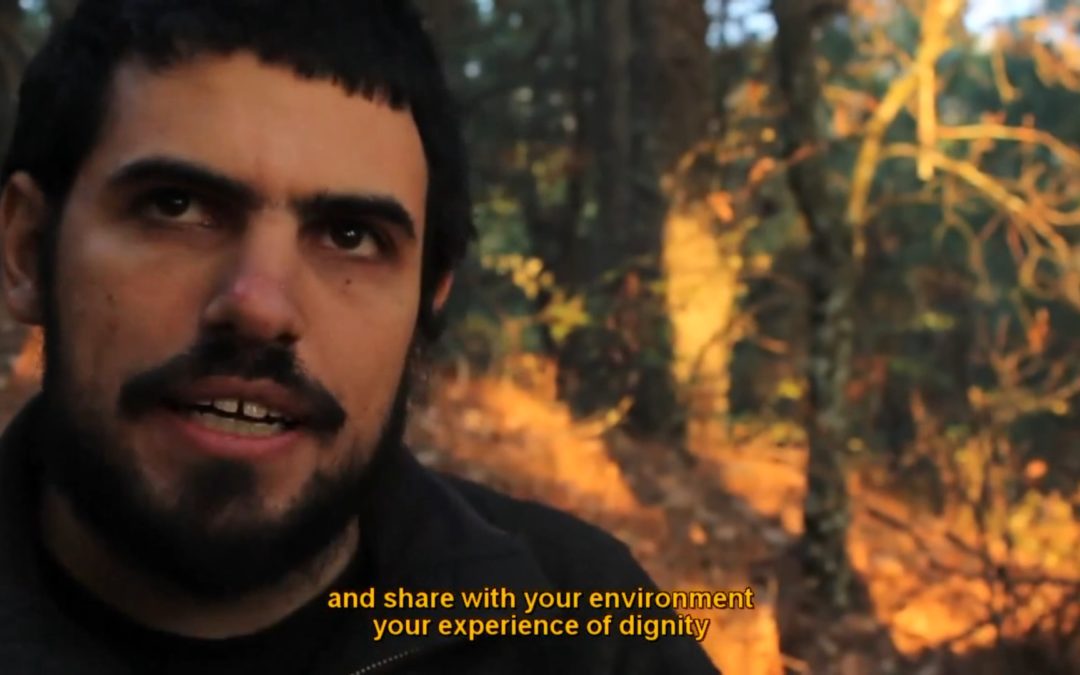
by Shaun Chamberlin | Apr 2, 2012 | All Posts, Cultural stories, Economics, Philosophy, Politics
My hero Enric Duran (AKA Robin Bank) has posted a new video explaining his legal situation and inviting others to join his radical action against the banks. For those who haven’t seen it, I strongly recommend watching his inspiring 2008 video first: ...
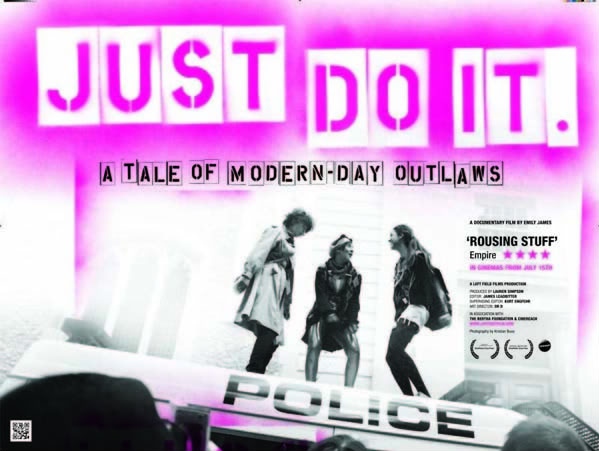
by Shaun Chamberlin | Jun 15, 2011 | All Posts, Climate Change, Cultural stories, Favourite posts, Philosophy, Transition Movement
Last night I went to the première screening of an excellent new film called Just Do It. It’s a record of the direct action climate movement — Climate Camp, Plane Stupid et al. — made with the full cooperation of the activists, and it’s worth checking out,...
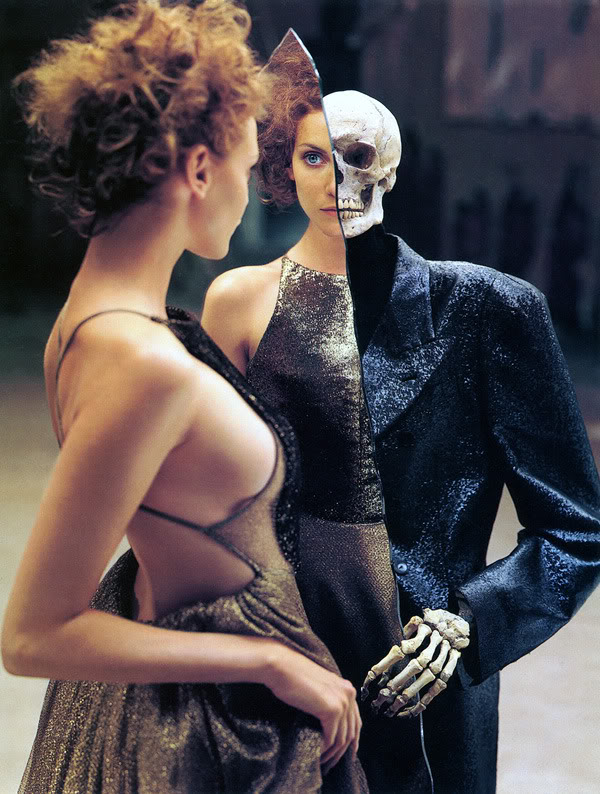
by Shaun Chamberlin | Sep 29, 2010 | All Posts, Cultural stories, Favourite posts, Philosophy, Politics, Reviews and recommendations
I have just given an intrigued couple of hours to musing over the outstanding new Common Cause report, which explores the battle over cultural values that underlies communications and marketing, while keeping one eye always on our environmental challenges. The...








Recent Comments